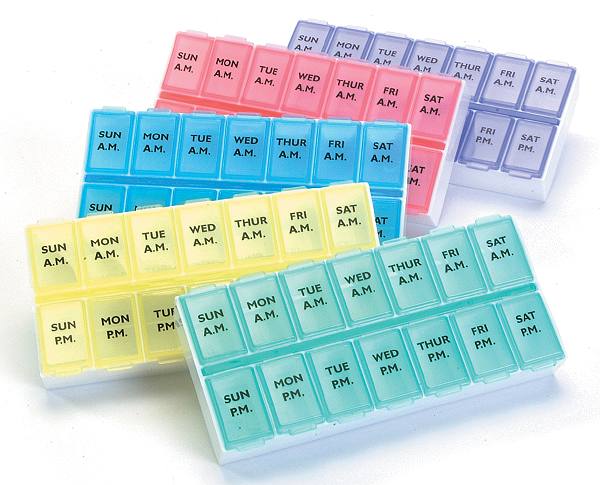The Cost Of Not Taking Medications
The numbers are staggering. The cost of not taking medications is on the rise. There is an out-of-control epidemic in the United States that costs more and affects more people than any disease Americans currently worry about. It’s called nonadherence to prescribed medications, and it is — potentially, at least — 100 percent preventable by the very individuals it afflicts.

“Studies have consistently shown that 20 percent to 30 percent of medication prescriptions are never filled, and that approximately 50 percent of medications for chronic disease are not taken as prescribed,” according to a review in Annals of Internal Medicine. People who do take prescription medications — whether it’s for a simple infection or a life-threatening condition — typically take only about half the prescribed doses.
According to Express Scripts, prescription non-adherence costs the country roughly $330 billion a year in unnecessary medical complications. While people sometimes scrimp on medications to save money, this can lead to bigger health problems with bigger price tags, like a trip to the emergency room.
There are a number of reasons why people choose to not take their medication. Cost, being an overriding factor.
Regardless of where cost falls on the continuum, it’s getting harder and harder for patients to determine what they owe for their prescriptions. Part of that is because of newer guidelines within individual insurance plans, along with that, an increasing demand that patients try ‘something else first’ before an insurance plan will cover the prescribed medication. (Think ibuprofen for arthritis, followed by a steroid if that doesn’t work, followed by a pricey biologic drug as a last resort.) This type of process can lead to a lack of understanding and complete confusion about medications, and cause one to simply stop taking their prescribed medications, or seeking medical advice at all.
Confusion not only from the cost standpoint, but, also having to juggle multiple prescriptions adds to the confusion. Patients with chronic conditions often visit multiple specialists, who don’t always coordinate among one another or with the primary-care physician. It then falls to the patient to keep everyone in the loop, and patients aren’t always up to the task.
Of course, sometimes folks simply forget. It’s easy to do, and there are multiple ways to help your loved one remember to take their medications. Having them pre-packaged at the pharmacy is one good way to make sure that prescriptions are being taken routinely. Being married helps men, but not women, take their medicines as prescribed. People with children in the home tend to adhere less to their medication regimes than those without dependents underfoot.
If you are already a LifeFone subscriber, we offer a medication reminder that will tell a subscriber when and what medication(s) he or she needs to take on a daily or weekly basis.
Taking medications properly is a health benefit. Sometimes it’s difficult to wade through all the ins-and-outs, but, in the long run, it saves money and health!
FREE BROCHURE Today!
